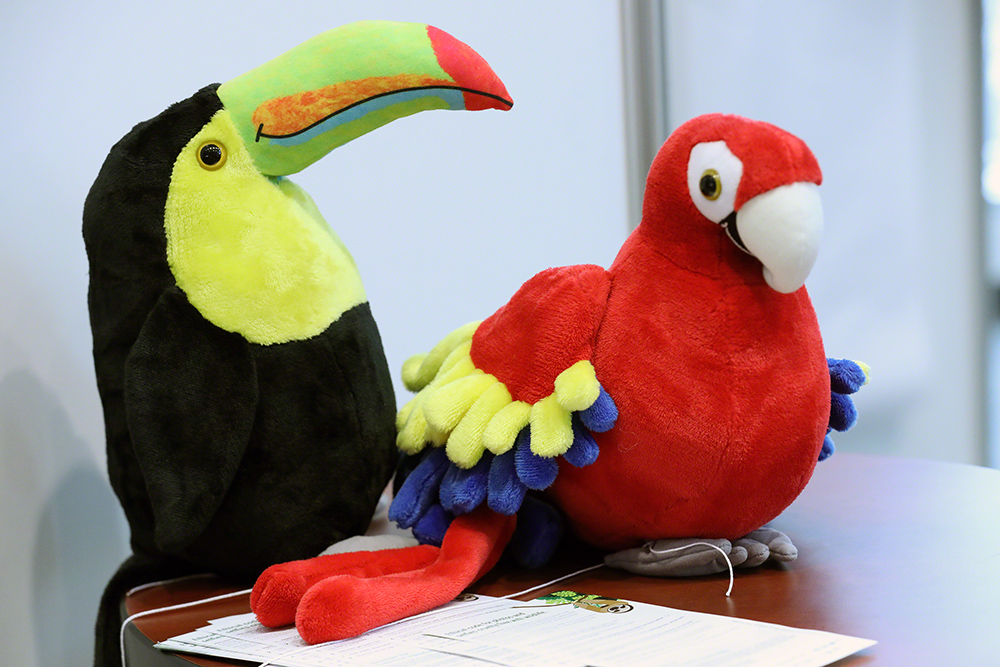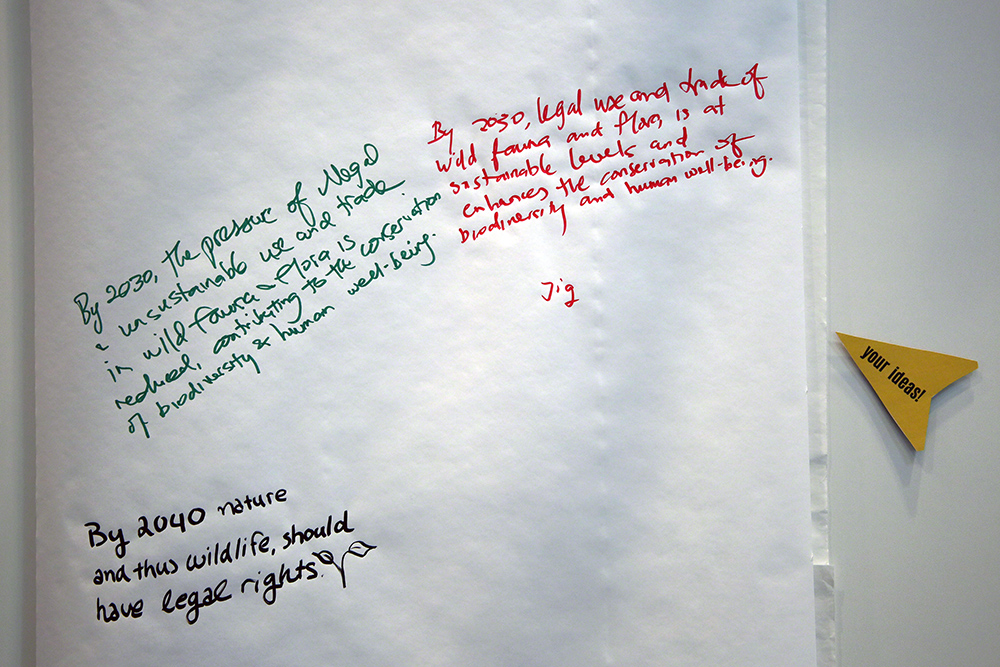Summary
Highlights for Wednesday, 27 November 2019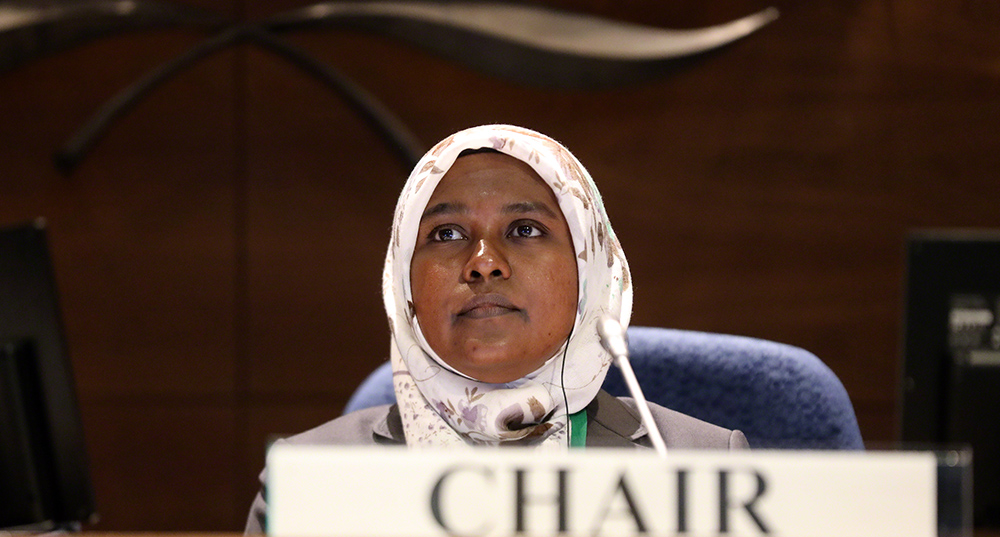
Delegates to the 23rd meeting of the Subsidiary Body on Scientific, Technical, and Technological Advice (SBSTTA 23) of the Convention on Biological Diversity (CBD) met in plenary throughout the day to address sustainable wildlife management, technical and scientific cooperation, ecologically or biologically significant marine areas in the North-East Atlantic, and new and emerging issues. On sustainable wildlife management, Kristina Rodina, FAO, Secretary of the Collaborative Partnership on Sustainable Wildlife Management (CPW), urged parties to address the root causes of over-exploitation of wildlife and to recognize the contribution of sustainable wildlife management to sustainable livelihoods and local economic prosperity. Carolina Behe-Harris, Inuit Circumpolar Council, pleaded for the rights, values, practices, and traditions of indigenous peoples and local communities (IPLCs) to be accurately reflected in the post-2020 process. Parties noted the importance of the sustainable use of biodiversity in wildlife management; the need to tackle illegal wildlife trade; national efforts to promote sustainable wildlife management; and the need for multidisciplinary collaboration among relevant fora. Many parties also highlighted the importance of scientific and technical cooperation for the implementation of the post-2020 framework. They also requested additional information on the budgetary and operational consequences of a range of options regarding relevant institutional mechanisms and modalities. A number of African countries underscored the need to meaningfully address digital sequence information and potential benefit-sharing arising from its use in the post-2020 global biodiversity framework. An engaged discussion took place under the agenda item on new and emerging issues. While the long-standing discussion on whether synthetic biology fulfils the criteria for new and emerging issues attracted some attention, delegates also exchanged ideas on a suggestion regarding “open environmental transformation technologies," the open-air use of nucleic acids and proteins to alter traits, genes, or other kinds of genetic material. In the evening, delegates met in a contact group, co-chaired by Anne Teller (EU) and Jorge Murillo (Colombia), to discuss elements for the post-2020 global biodiversity framework. They considered possible target themes and elements, including biodiversity and conservation outcomes, direct drivers, and the use and value of nature.For more details on the day’s negotiations and to hear what delegates said in the corridors, see our daily Earth Negotiations Bulletin (ENB).
IISD Reporting Services, through its ENB Meeting Coverage, provided daily web coverage and daily reports from WG8J 11 and SBSTTA 23. In addition, IISD Reporting Services has published a summary and analysis report from the meetings in HTML and PDF.
Photos by IISD/ENB | Mike Muzurakis
For photo reprint permissions, please follow instructions at our Attribution Regulations for Meeting Photo Usage Page

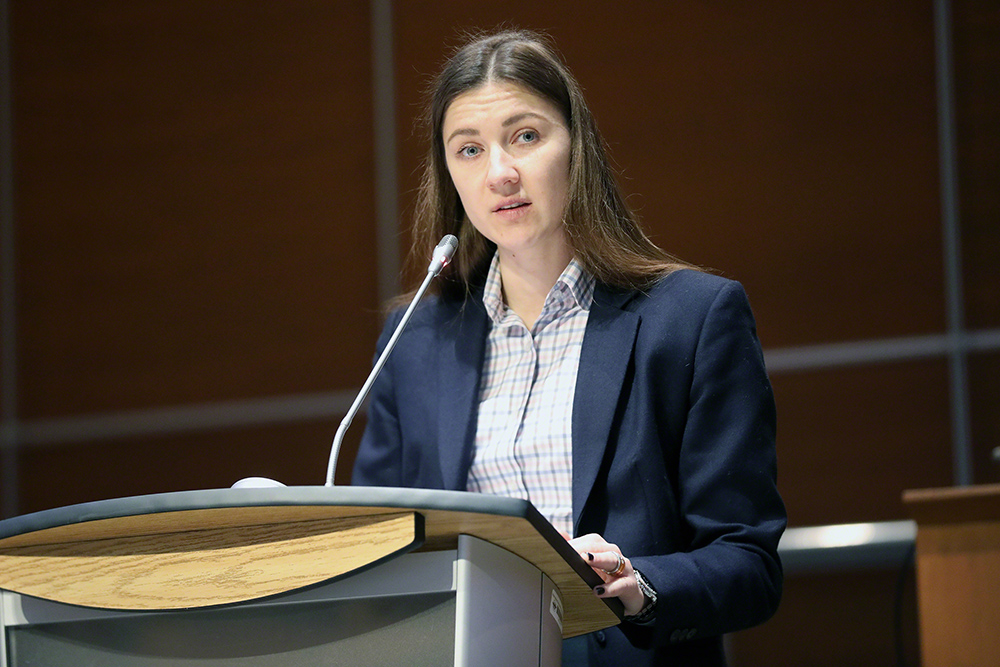
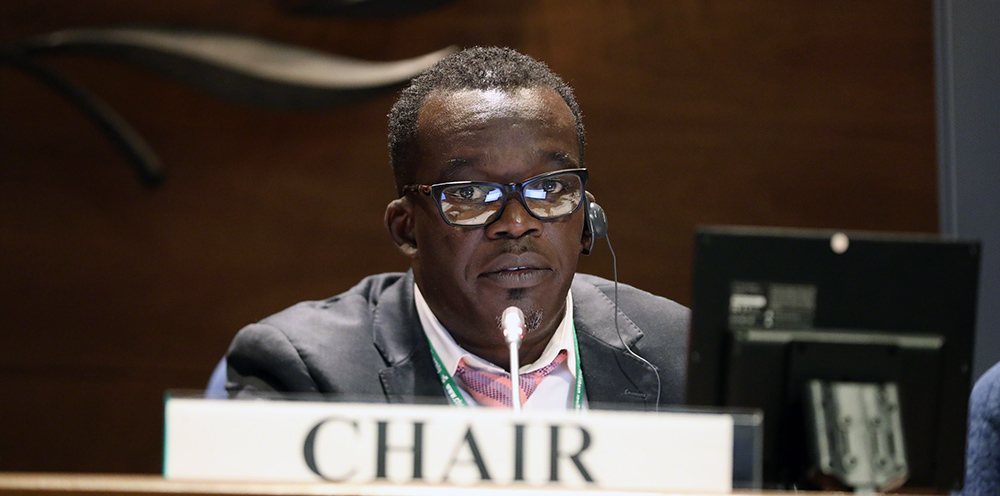
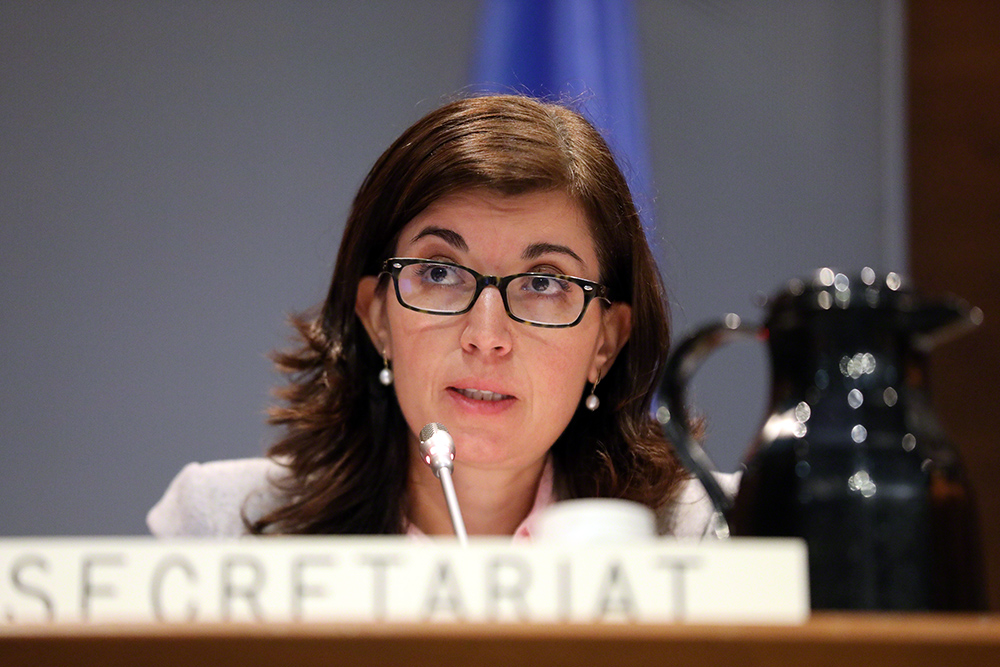
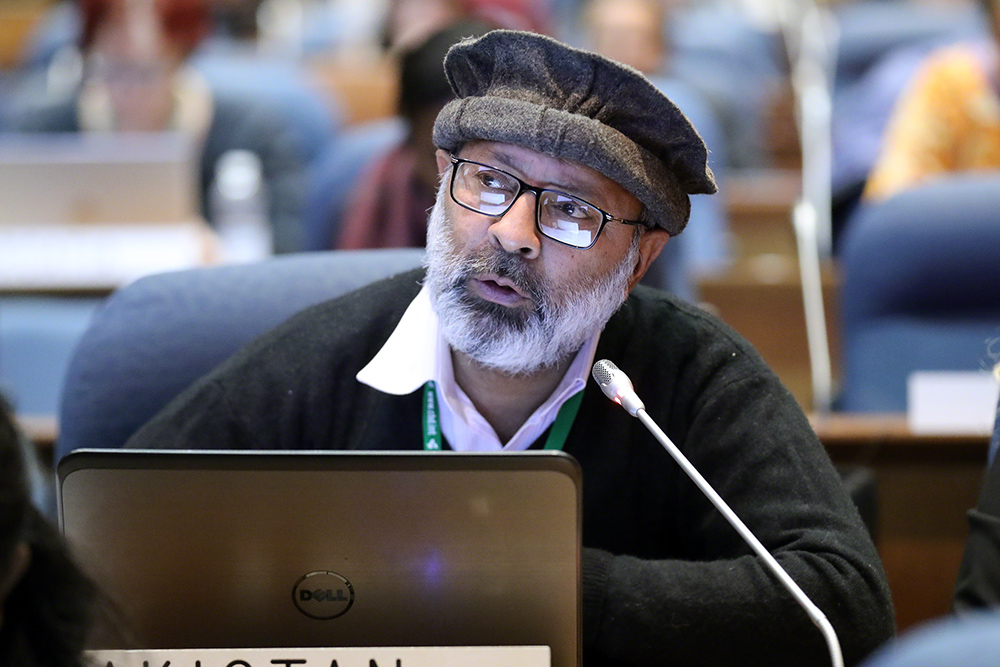
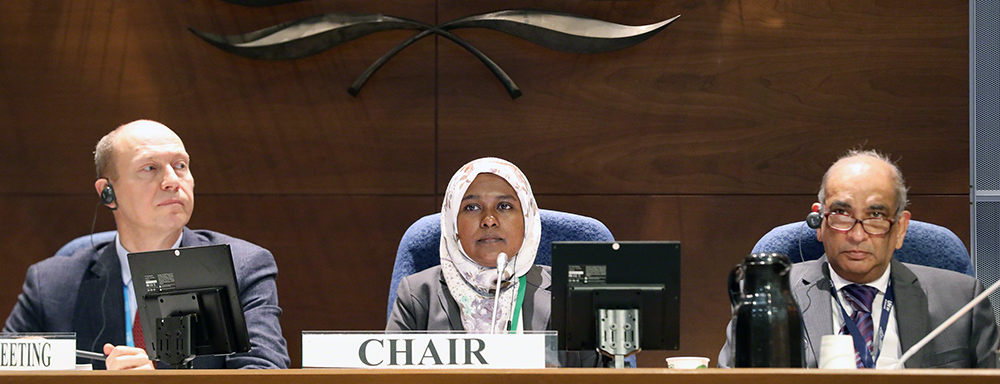
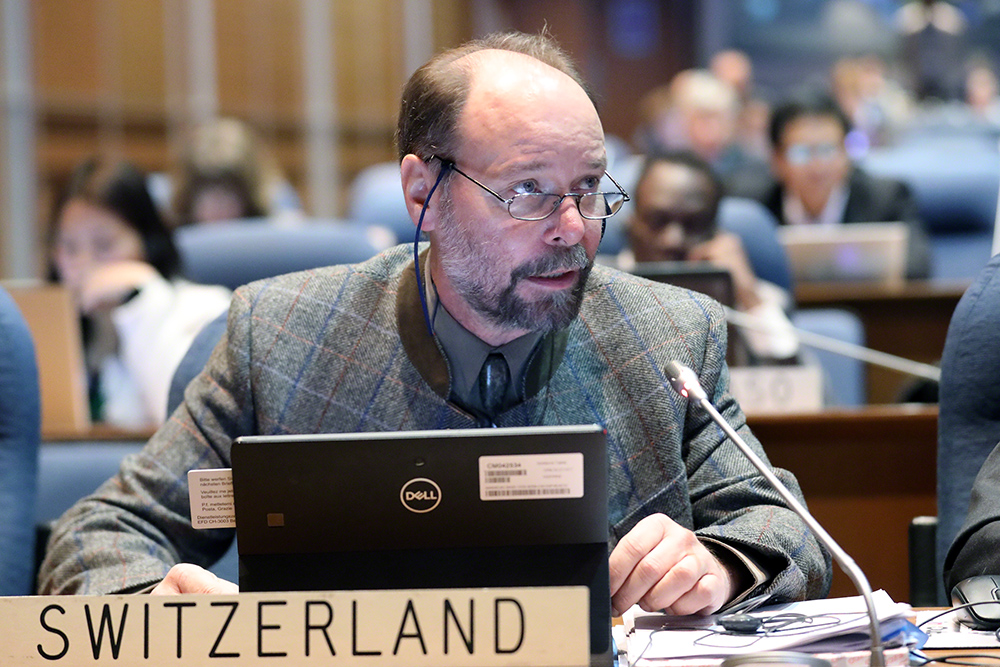
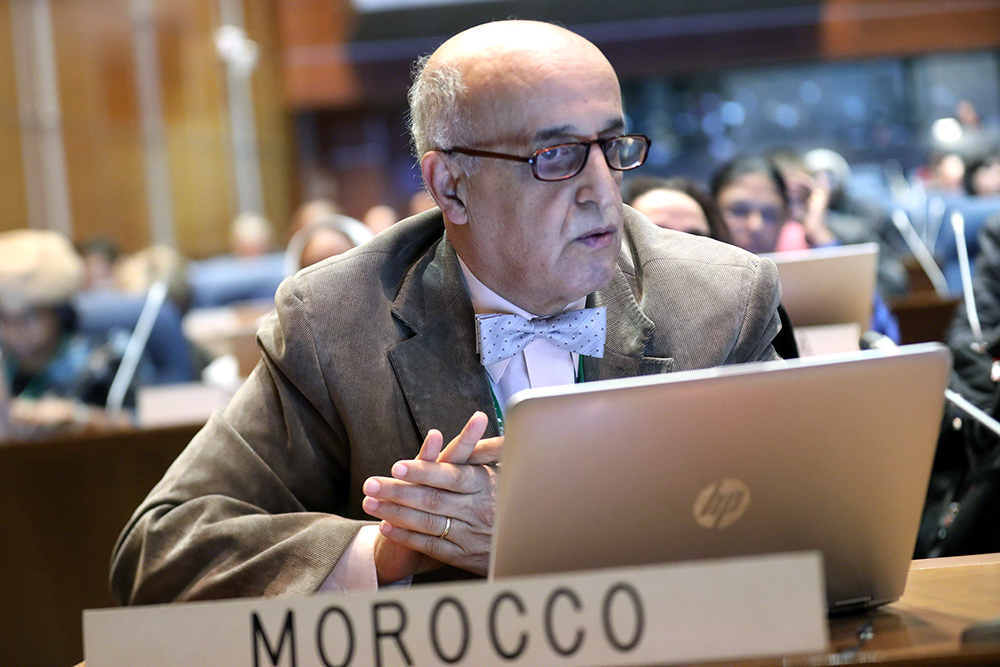
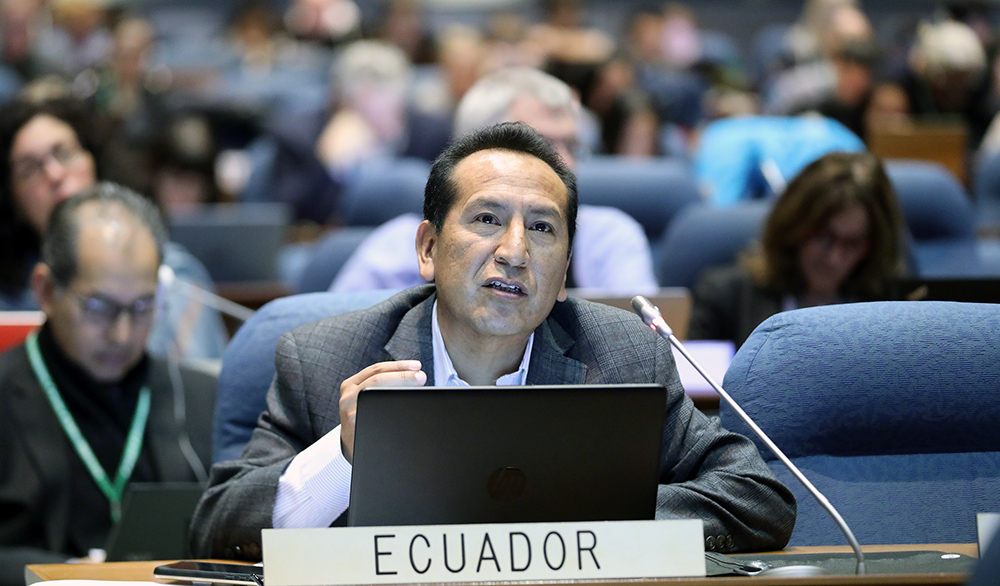
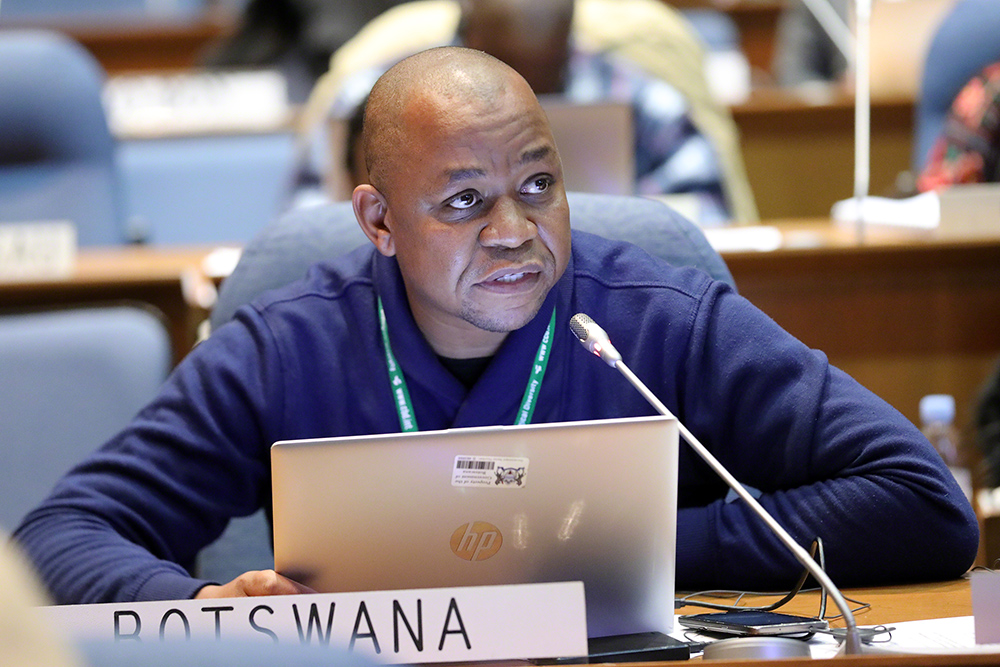
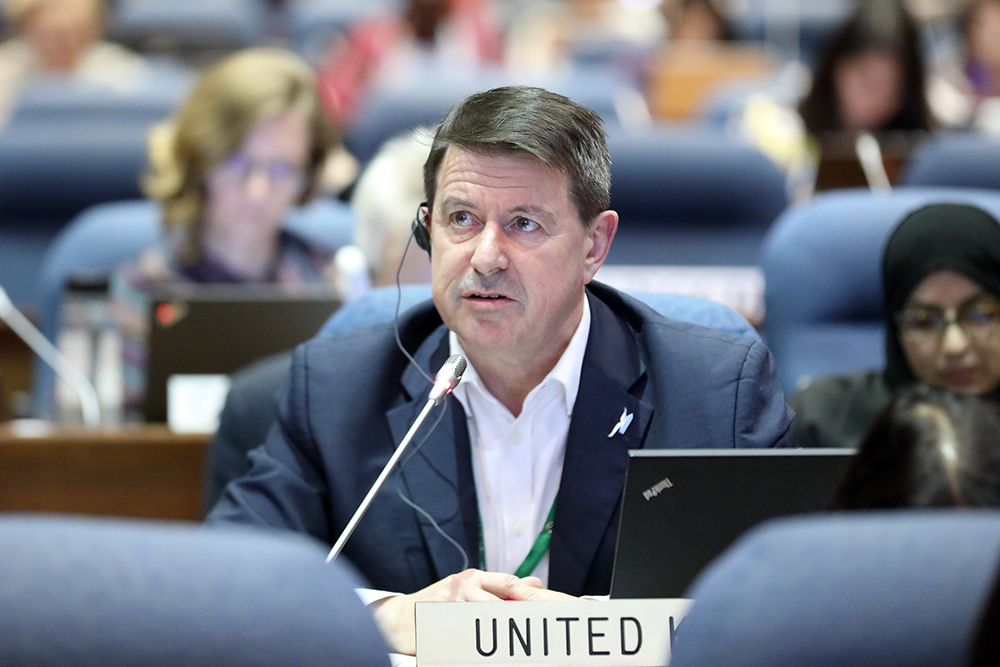
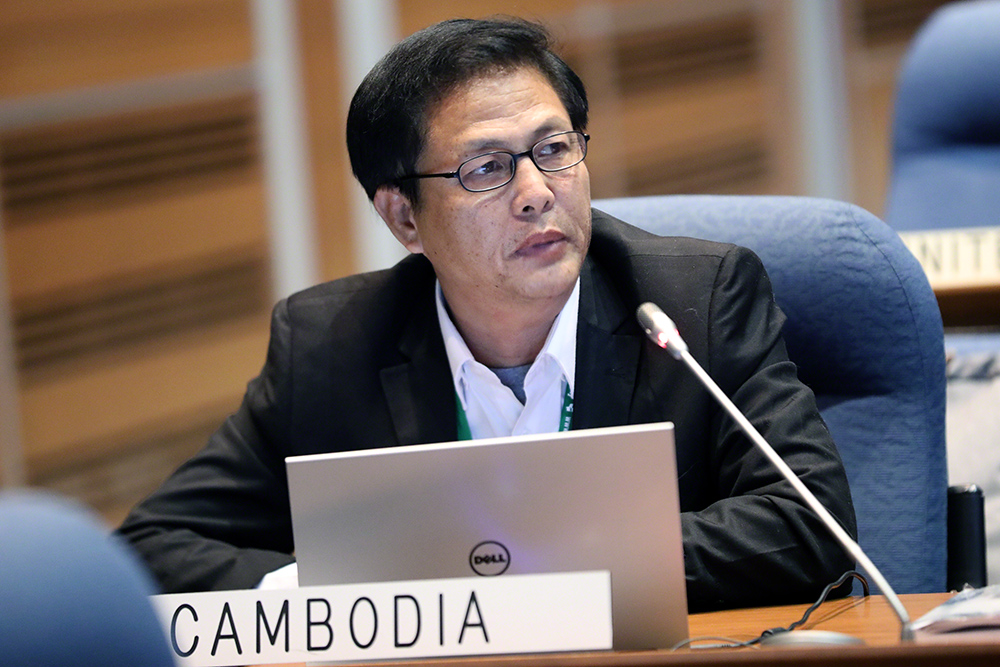
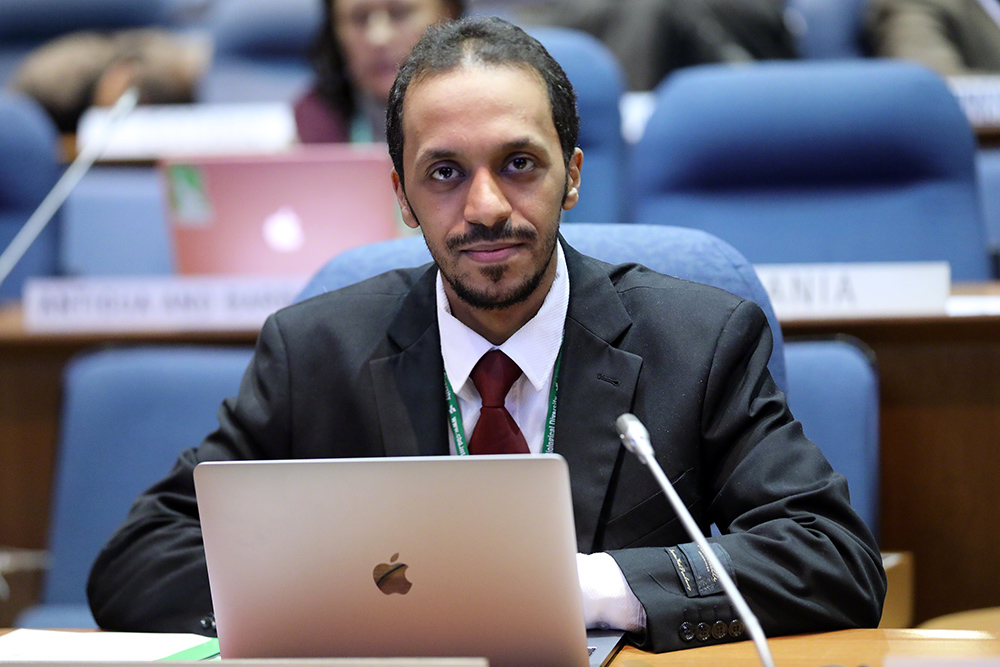
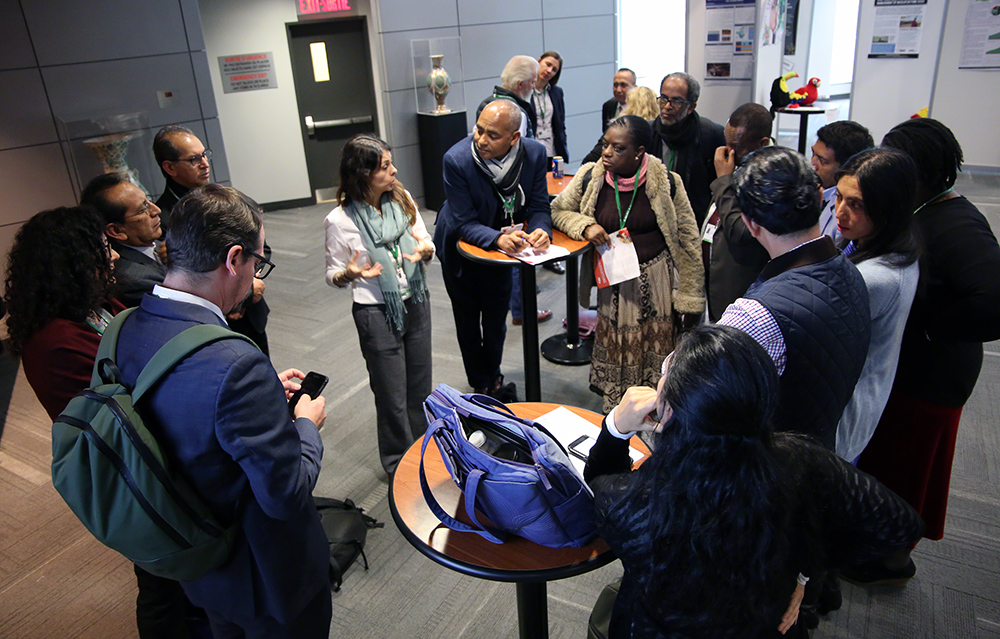
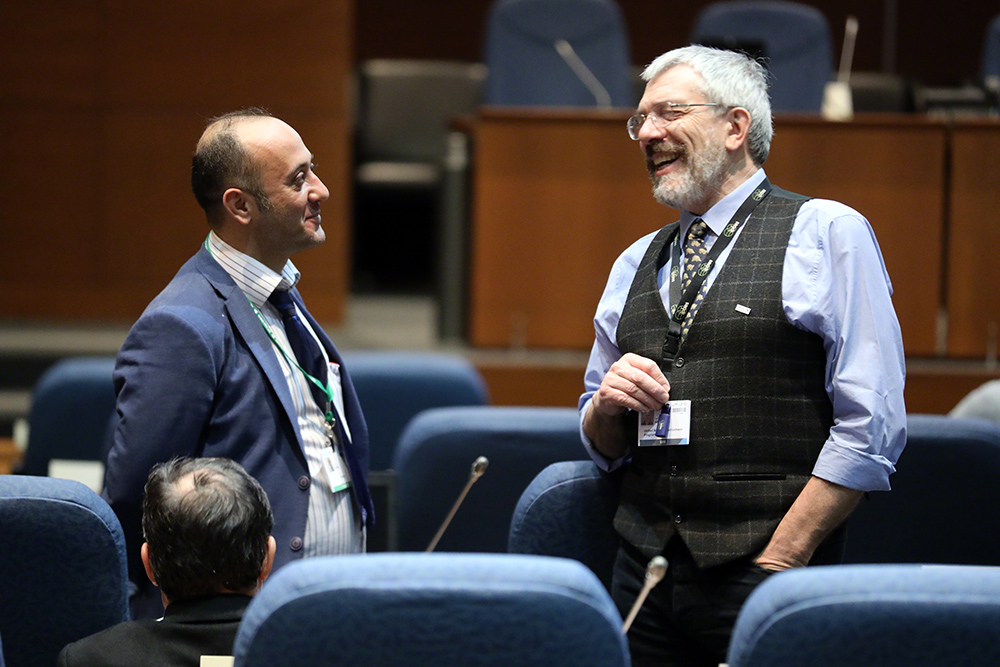
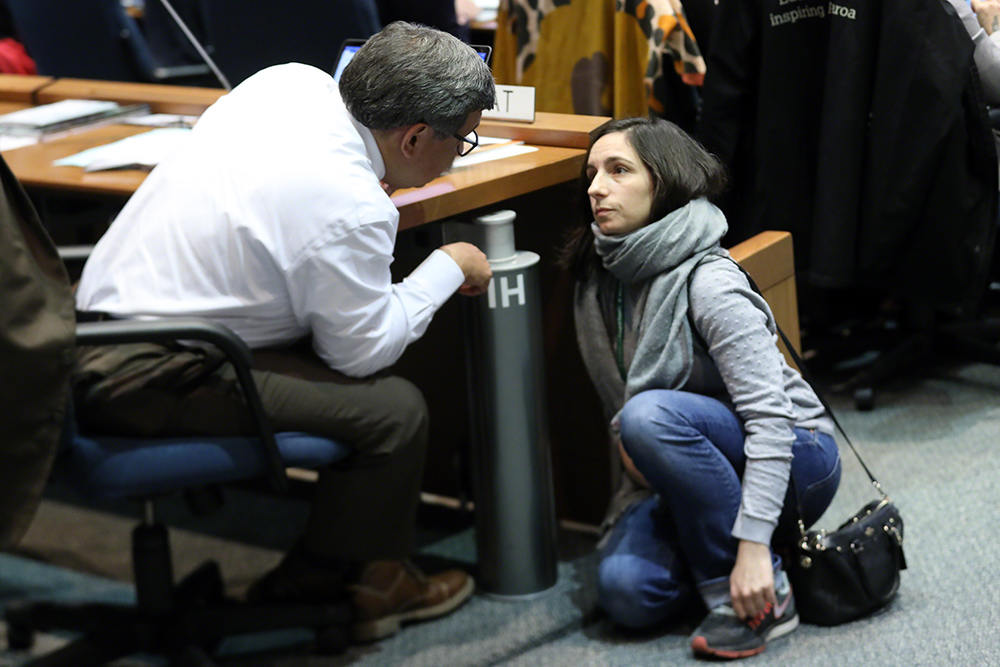
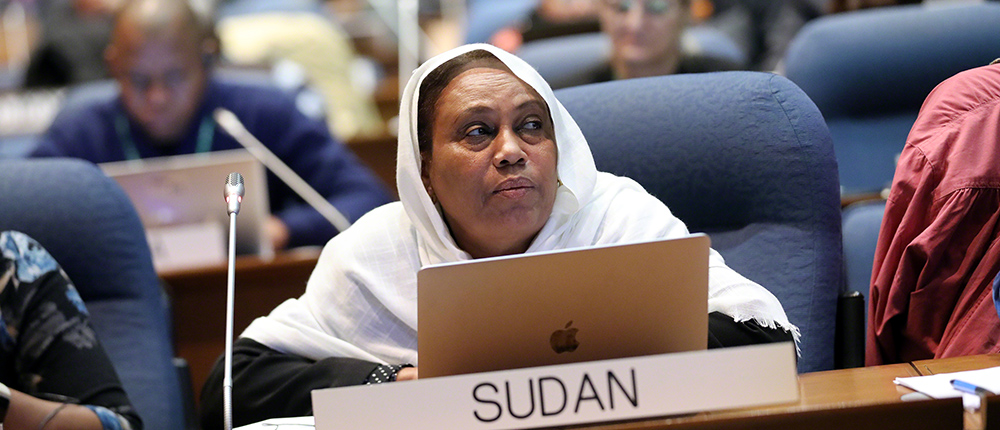
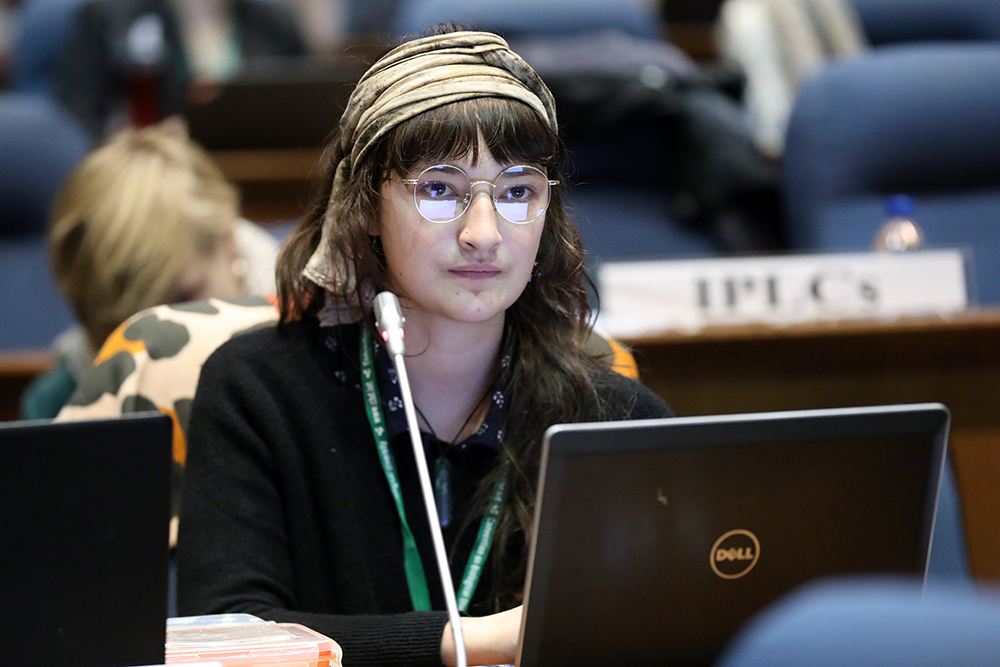

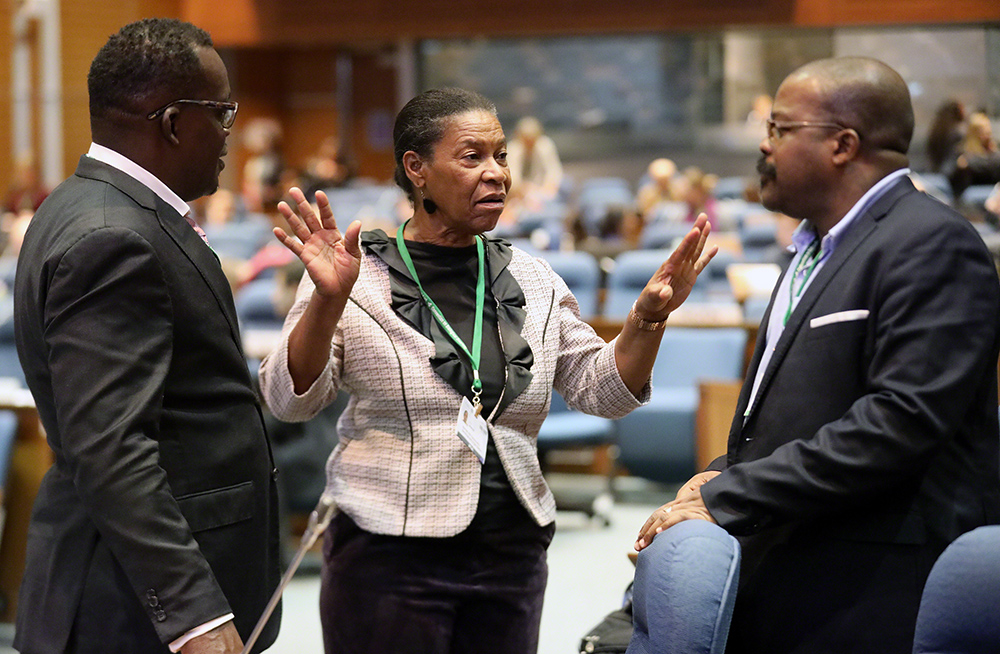
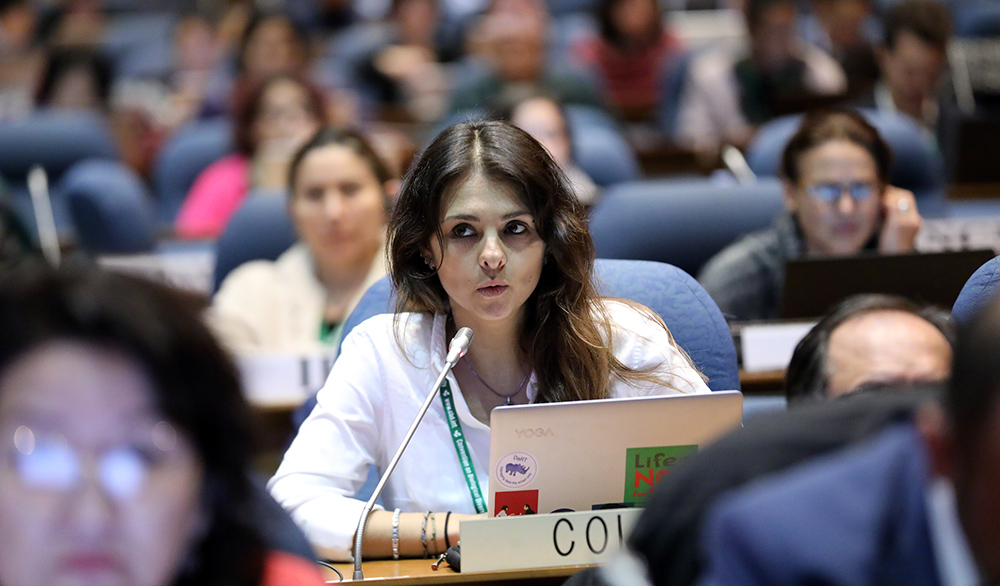
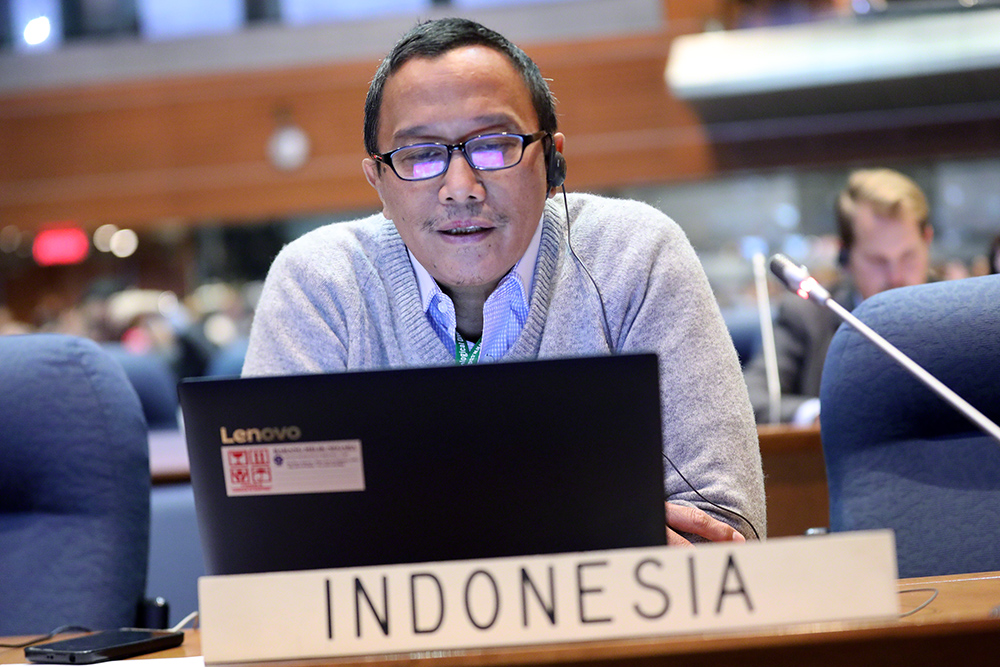
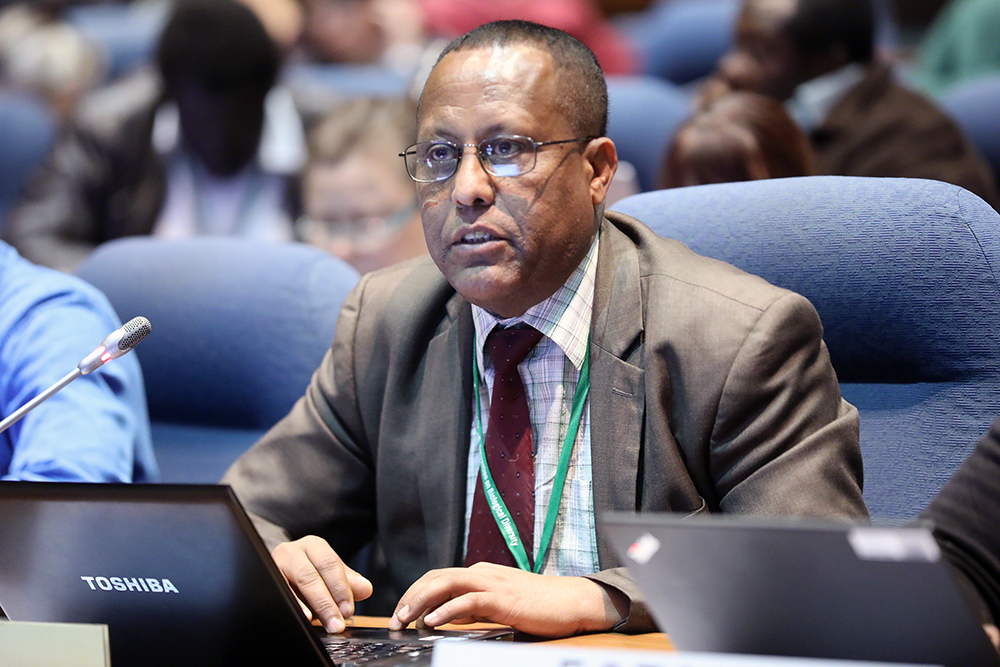
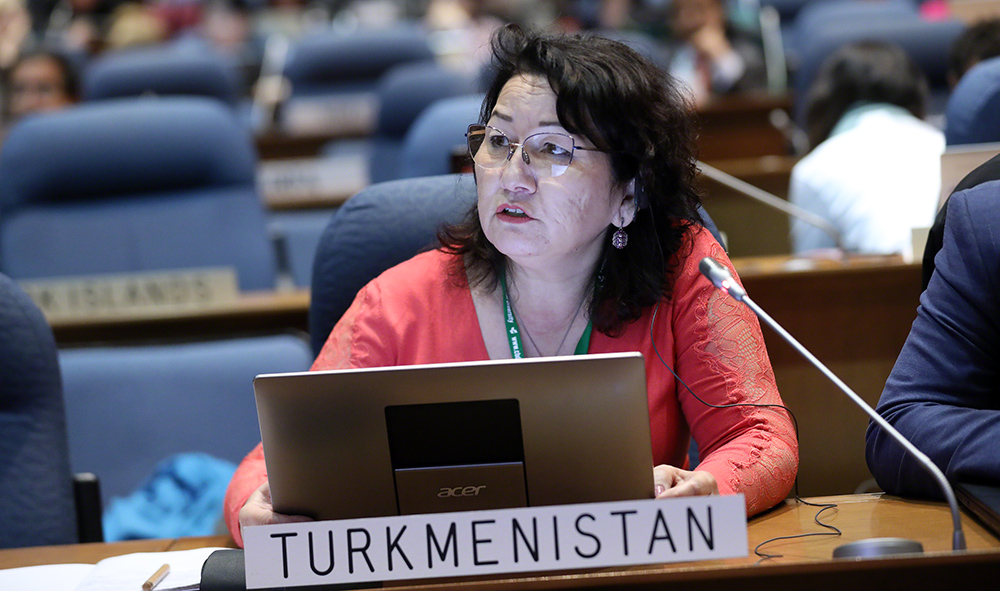
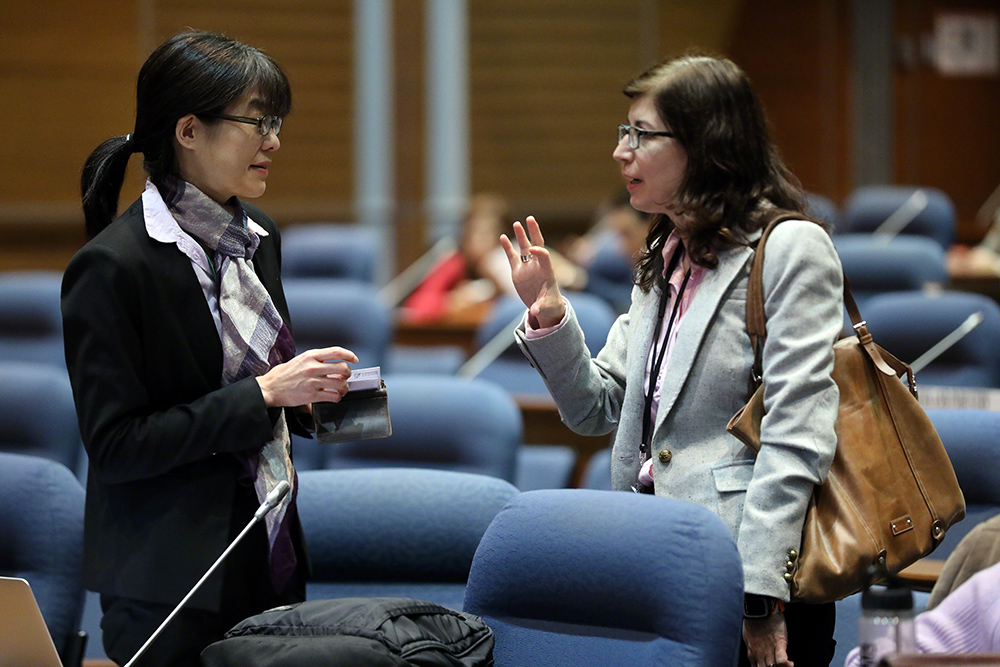
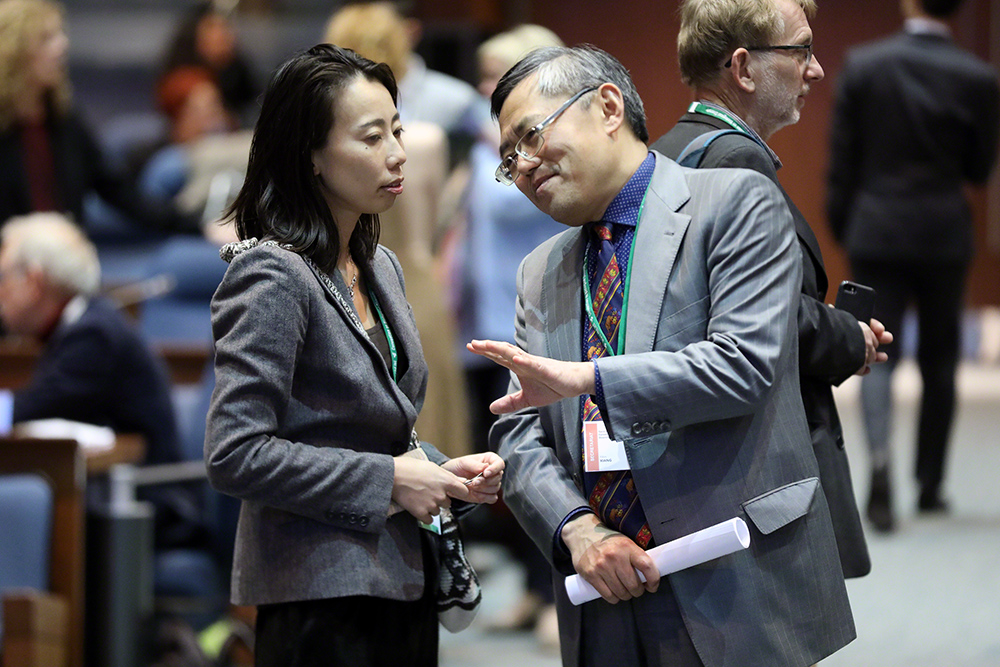
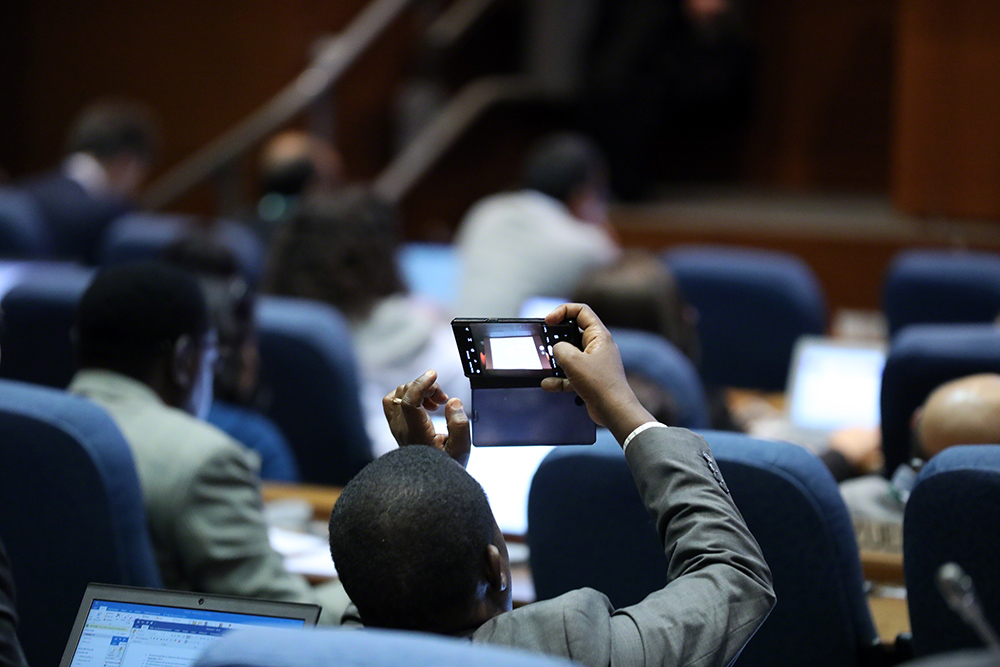
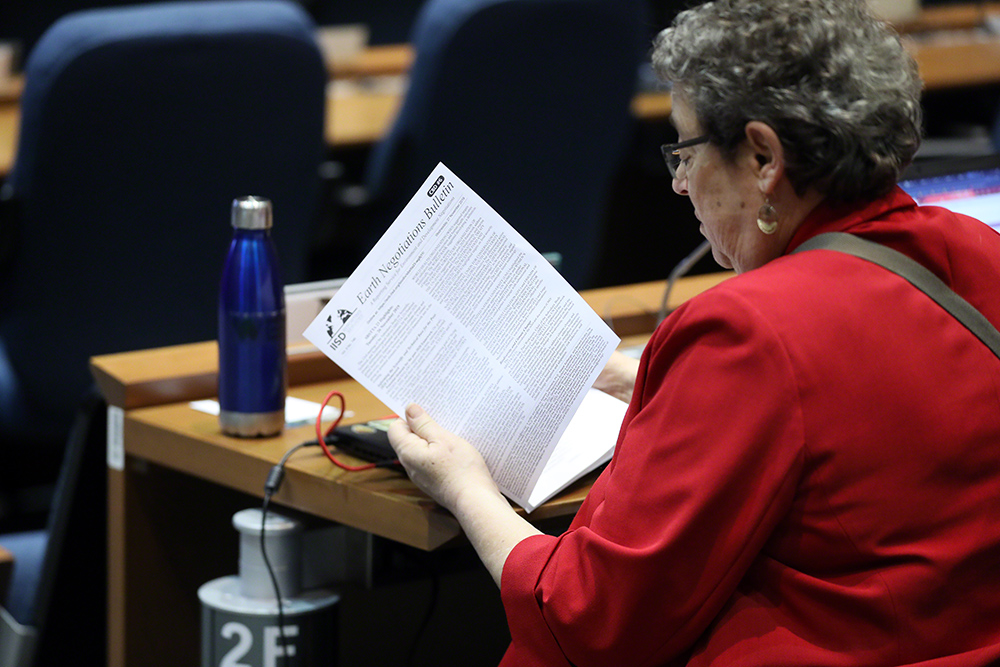
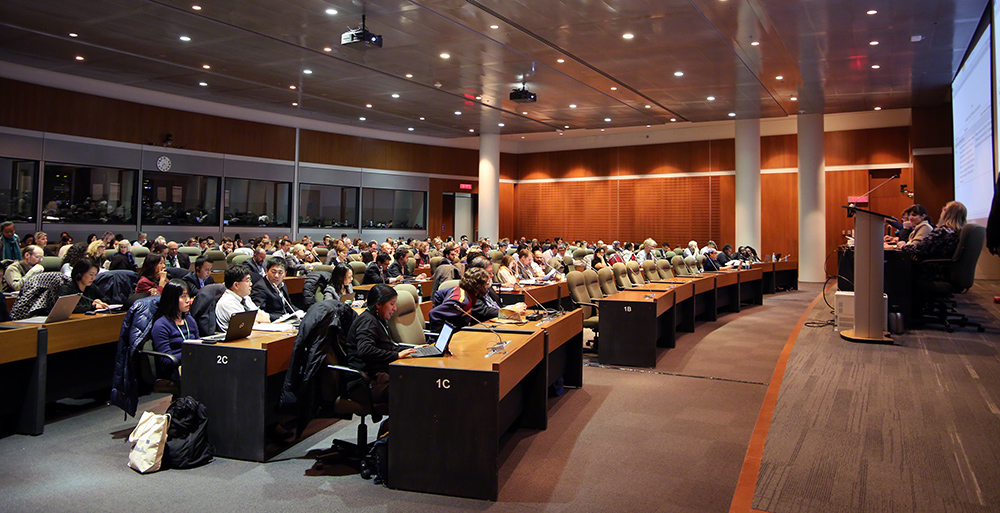
Around the Venue

